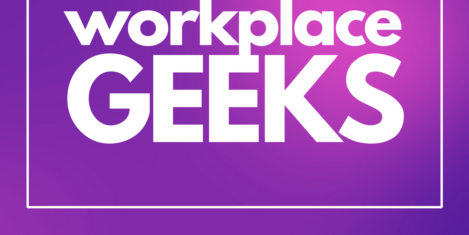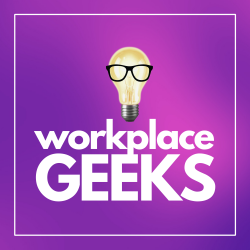To provide the best experiences, we use technologies like cookies to store and/or access device information. Consenting to these technologies will allow us to process data such as browsing behaviour or unique IDs on this site. Not consenting or withdrawing consent, may adversely affect certain features and functions.
The technical storage or access is strictly necessary for the legitimate purpose of enabling the use of a specific service explicitly requested by the subscriber or user, or for the sole purpose of carrying out the transmission of a communication over an electronic communications network.
The technical storage or access is necessary for the legitimate purpose of storing preferences that are not requested by the subscriber or user.
The technical storage or access that is used exclusively for statistical purposes.
The technical storage or access that is used exclusively for anonymous statistical purposes. Without a subpoena, voluntary compliance on the part of your Internet Service Provider, or additional records from a third party, information stored or retrieved for this purpose alone cannot usually be used to identify you.
The technical storage or access is required to create user profiles to send advertising, or to track the user on a website or across several websites for similar marketing purposes.
 To quote the famous Honda advert of the early 2000’s, ‘wouldn’t it be nice if things just worked?’ If you haven’t seen it or would like to again, you can find it at the bottom of the page. Nowhere is this more applicable than when it comes to chatbots. As consumers, we’ve all been on the end of a pretty unsatisfactory experience that has left us feeling anywhere from a little annoyed to totally exasperated. The question is, what does it take to get a chatbot to work as it ought to? What are the elements of an effective human to machine conversation? More →
To quote the famous Honda advert of the early 2000’s, ‘wouldn’t it be nice if things just worked?’ If you haven’t seen it or would like to again, you can find it at the bottom of the page. Nowhere is this more applicable than when it comes to chatbots. As consumers, we’ve all been on the end of a pretty unsatisfactory experience that has left us feeling anywhere from a little annoyed to totally exasperated. The question is, what does it take to get a chatbot to work as it ought to? What are the elements of an effective human to machine conversation? More →
















 Different workplace experts are interested in different elements of workplace, so it follows that workplace change projects featuring interdisciplinary teams can yield innovative methods and diverse insights. In episode 11 of Workplace Geeks, Chris and Ian are joined by health and wellbeing expert Dr Jo Yarker, Reader in Occupational Psychology at Birkbeck, University of London, and Managing Partner of Affinity Health at Work.
Different workplace experts are interested in different elements of workplace, so it follows that workplace change projects featuring interdisciplinary teams can yield innovative methods and diverse insights. In episode 11 of Workplace Geeks, Chris and Ian are joined by health and wellbeing expert Dr Jo Yarker, Reader in Occupational Psychology at Birkbeck, University of London, and Managing Partner of Affinity Health at Work. 

















July 18, 2022
The future of work is asynchronous
by Adam Dover • Comment, Flexible working, Technology
More →